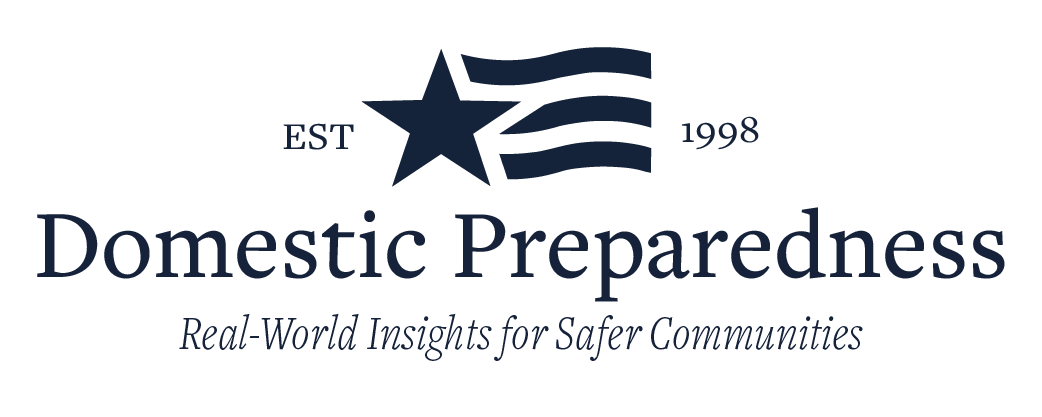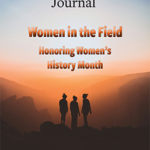An Article Out Loud from the Domestic Preparedness Journal, April 26, 2023.
An eclipse is not just about the sky getting dark. There are many considerations for emergency planners and public safety professionals to ensure the safety of their communities. Learn the lessons from the 2017 eclipse to better prepare for the next event.
Narrated by Randy Vivian.

Laurel J. Radow
Laurel J. Radow is an American Astronomical Society Solar Eclipse Task Force (AAS SETF) member and co-chair of the AAS Local Planning Working Group. She joined the Federal Highway Administration (FHWA), U.S. Department of Transportation in 1996. From 2004 until her retirement at the end of 2016, she served as a member of the FHWA Office of Operation’s Traffic Incident and Events Management Team. In that capacity, she served as program manager for the agency’s Evacuations/Emergencies and Planned Special Events programs and managed a range of Traffic Incident Management tasks. From 2014-2016, she served as vice chair of the National Academy of Sciences Transportation Research Board’s (TRB) Standing Committee on Critical Transportation Infrastructure Protection (AMR10). She recently completed her second and final term as chair of the same committee. In addition to co-chairing the TRB at the October 2018 Resiliency Conference (T-RISE), she also served as guest managing editor for the TR News September/October 2021 Issue no. 335, “State of Emergency: What Transportation Learned from 9/11.”
-
Laurel J. Radowhttps://domesticpreparedness.com/author/laurel-j-radow
-
Laurel J. Radowhttps://domesticpreparedness.com/author/laurel-j-radow
-
Laurel J. Radowhttps://domesticpreparedness.com/author/laurel-j-radow
-
Laurel J. Radowhttps://domesticpreparedness.com/author/laurel-j-radow







